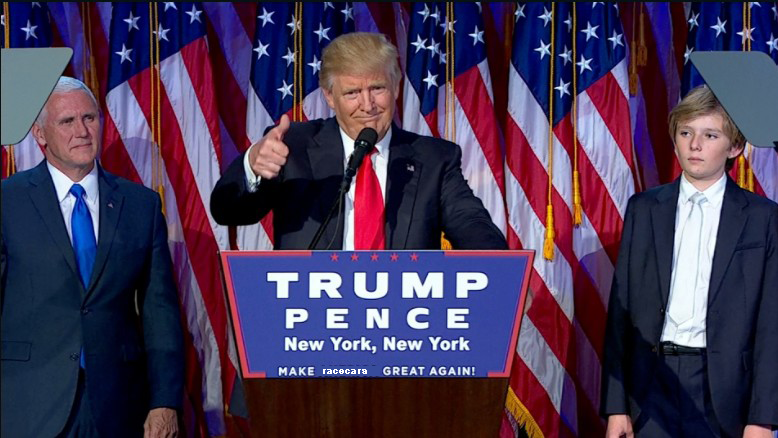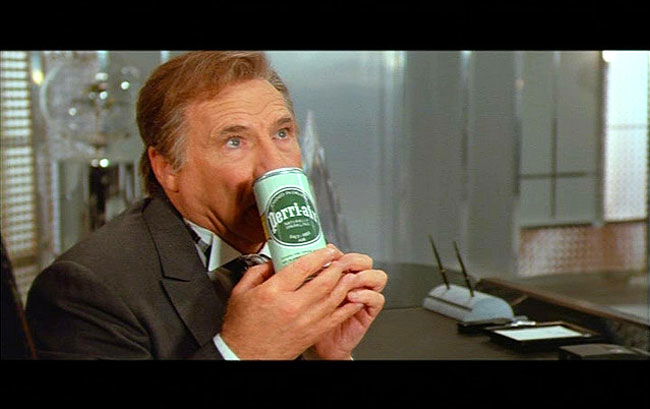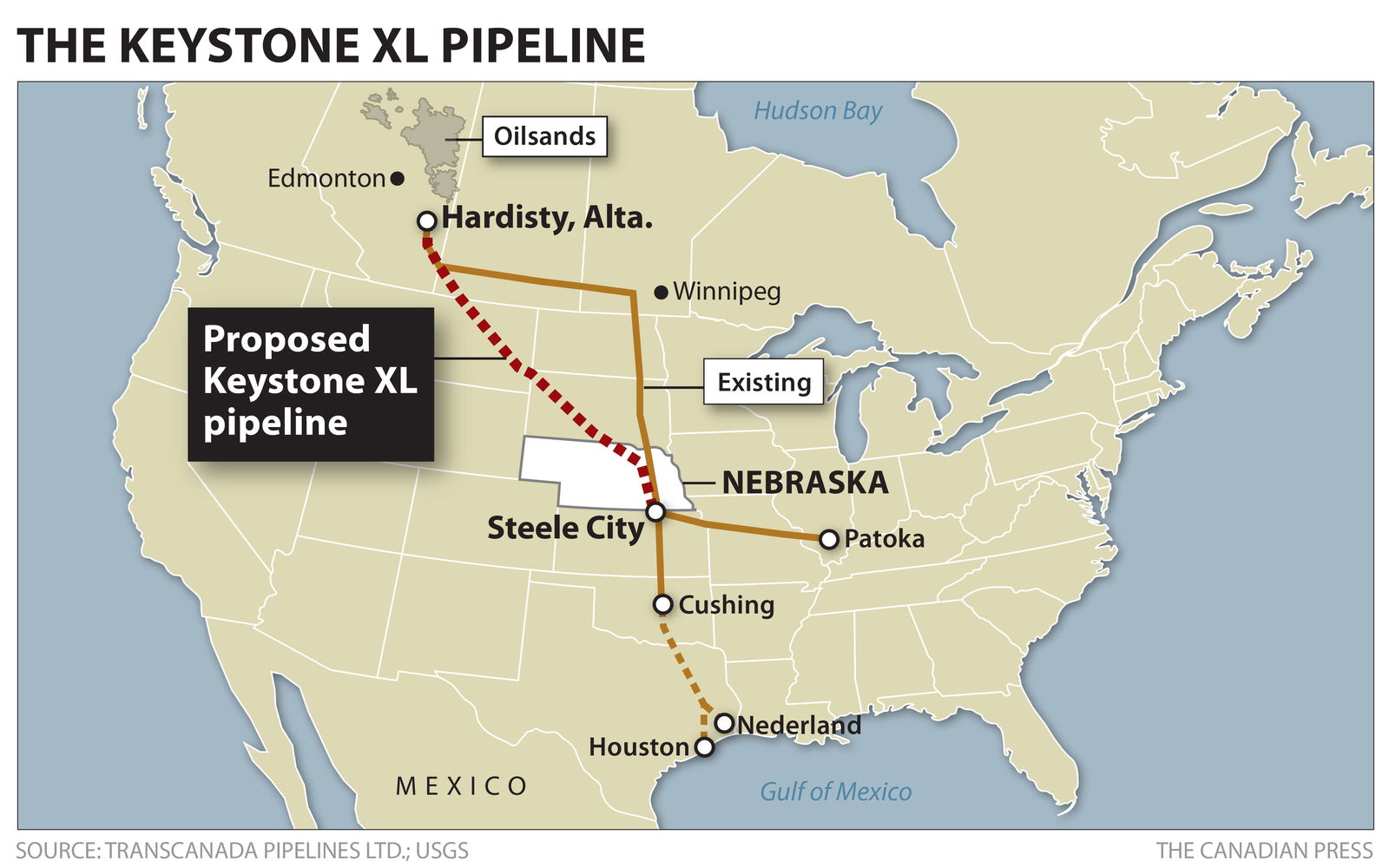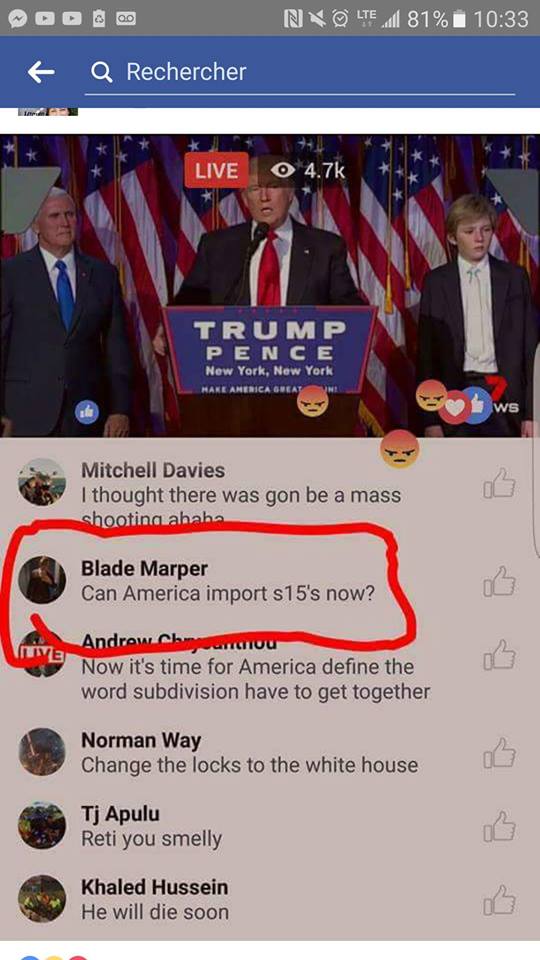The #Ecarnomics of a Trump Presidency
I’d like to start this post off by saying that I fully intend to make this post as politically neutral as possible. There’s enough misunderstanding, vitriol and cruelty out on the Internet as it is, and I want to have no part in any of it.

I’d like to start this post off by saying that I fully intend to make this post as politically neutral as possible. There’s enough misunderstanding, vitriol and cruelty out on the Internet as it is, and I want to have no part in any of it. All I am here to do is interpret the ramifications of Donald Trump’s economic policies in the light of car enthusiasts in a language that, hopefully, you will be able to easily understand. Here, I’ll discuss a few key points of Trump’s economic policy, and explain what they mean to petrolheads in America and the rest of the world.

First, let’s look at the most controversial aspect of Trump’s plan. As Matt Kimberley wrote in this recent article, The Donald has made mention of eliminating all emissions regulations for passenger vehicles. While it is true that passenger vehicles are responsibility for a minor percentage of anthropogenic carbon dioxide emissions, repealing emissions regulations would basically undo 40 years worth of good work done by the EPA to take measures to ensure that our environment isn’t completely destroyed. Not to mention, it would make VAG furious after the United States handed them their arses on a silver platter for the Dieselgate scandal. I’d prefer not to have to go to a 7-11 and grab a can of pure, distilled Perri-air on my lunch break just so I can make it through the day (Spaceballs fans, you’re welcome). Of course, I am exaggerating, but the truth remains that, when our air is cleaner, everyone is a winner. Which, from an economic point of view, is the best possible outcome.

Next, let’s look at Trump’s standpoint on international trade. It’s clear that Trump’s plan to “Make America Great Again” involves, in part, revitalizing the American manufacturing sector. And he’s right—it’s a shell of what it once was. Look at what’s left of Detroit, for example. “Motor City” is now a white elephant, emblematic of the collapse of working-class America. Worse still (from the point of American auto workers, anyway), General Motors has even resorted to building vehicles for the USDM in Korea and China. There’s a lot of desperation amongst blue-collar Americans, to the point that a vote for Donald Trump had become their final cry for help.

While he has correctly identified the problem, his proposed solutions have no shortage of problems themselves. Let’s look at two of his proposed “solutions”: renegotiating the Trans-Pacific Partnership (TPP) and the North American Free Trade Agreement (NAFTA); and hitting China and Mexico with tariffs and countervailing duties on imported products. I’ll deal with the latter issue first, because it’s a fairly simple one. If the U.S. puts import tariffs on other countries, you can bet that they will respond in a hurry. The Chicken Tax (link to my article) is a simple example of how trade wars can get started. Should this happen, the U.S. auto manufacturing sector is bound to lose, regardless of how many jobs Trump thinks he can create. The immediate result, for petrolheads? Input costs will go up, pretty much guaranteeing that cars (and parts) will become a lot more expensive. And that’s not even taking American-made parts into consideration. Even with import penalties attached, those imported parts will likely still cost less than domestically-manufactured goods. The message is clear—protectionist trade policies simply do not work in this heavily-globalised economy. Every action will have a reaction that will hurt the United States in one way or the other.
Now let’s extend that intuition to The Donald’s planned renegotiation of free trade deals such as NAFTA and the TPP. Renegotiating a trade deal isn’t necessarily protectionist, but in the case of NAFTA, I’m not really sure how Trump thinks he’s going to come out on the winning end of a renegotiation. Mexico was pretty much strapped when they signed NAFTA, and now that they are back on their feet again, they’ve got a lot more bargaining power than the United States does with respect to Mexican manufacturing. Tearing up NAFTA would be a worst-case scenario that would no doubt raise the prices of Mexican-made vehicles, including the almighty Ram pickup truck. Trump has to know that businesses hate change, and that disturbing NAFTA will cause a lot of change. Predictably, this will mean that you and I will be paying a lot more for cars and car parts. In the case of the TPP, much of the same logic can be applied. In addition, blocking the TPP will not stop nations such as China or Korea from trying to take a bigger chunk of the American market. Globalization is not going to go away.

So how else can the newly-elected Donald Trump affect petrolheads around the world? Well, he could approve the Keystone XL Pipeline, which would give the United States and Canada a competitive advantage in the world oil market. This could drive down gas prices for Americans while stimulating the economy on both sides of the border. While this wouldn’t directly impact most petrolheads around the world, the economic stimulation could give people on both sides more jobs, and therefore more money to be able to enjoy the expensive hobby of automobiles. Of course, there are environmental concerns associated with building the pipeline as well, which is why Barack Obama rejected the pipeline. But Trump has already said that he will approve the project, and I am confident that he will follow through on it.

In conclusion, if the Trump presidency is going to do anything good for petrolheads, I don’t think it’s going to be significant. But, like any other problem in economics, it’s impossible to predict the future for certain. We just have to hope that all the cards fall in the right place. However, that’s not to say that there are no concerns. In fact, there are plenty. But nothing is set in stone, and hopefully Trump and the Republicans will do a good job of steering their policies in the right direction.
For more reading: Business Insider, The Balance
A Carmrades - the Blog post

Comments
With the Mexican peso tanking we can expect there to be good ramifications for tearing up NAFTA. With China as well playing games with currency manipulation we can level the playing field to a stable currency value and then build from there. Climate change is a hoax anyway and the minuscule amounts of CO2 we create will not affect the environment that much. The technology advances of the internal combustion engine has made them much more efficient and will continue to do so, add that electric cars are flourishing not only in popularity but production we can put the concern of harmful gases just about behind us.
Papp
Love content
#CarGuysLifesMatter
Now, I have worked as a technician in a Ford dealership for almost 2 years; and I didn’t really notice a difference in build quality between Mexican made fords and US made fords. HOWEVER, I’m now a Mercedes technician. And I can say with absolute certainty that there is quite a large difference between the quality of US built and German built Benz’ vehicles. Every pdi I perform on a US built Benz, I find numerous small irregularities that are almost none existent on German built Benz’. Push pins missing or the center’s have not been pushed in. Wiring harness connector locking tabs have not been pushed together correctly. Unnecessary spilled coolant on engine covers. Push-button for the ignition is missing or the wrong one for Canada. Air lines for multicontour seats not connected. Undersheild screws are cross threaded. The lone valve stem Tpms sensor, when the other three wheels don’t have any. I could go on, but my point is; US built vehicles aren’t exactly the “creme-de-la-creme” when it comes to automobiles. Mexico does just fine building the vehicles it does for US brands. If The Donald is worried about vehicle built quality at all, I don’t think a 35% tax to Mexican built vehicles will help that.
I see what you did there
I see what tou did there
As far as emissions go, cars with good mpg generally means less emissions, and those vehicles sell too well for them to stop making them. I dont see an emissions deregulation effect them all that much.
What are your thoughts on Safety Standards?
I hope they’re slightly tweaked/lowered
Great article, I agree with everything said. I feel as if there will be more ramifications than befefits from your first points but thats just me. The pipeline as you said can go either way in my opinion as it will bring jobs but it wont be as significant as people will think in my opinion. Like i said before a great article
Pagination